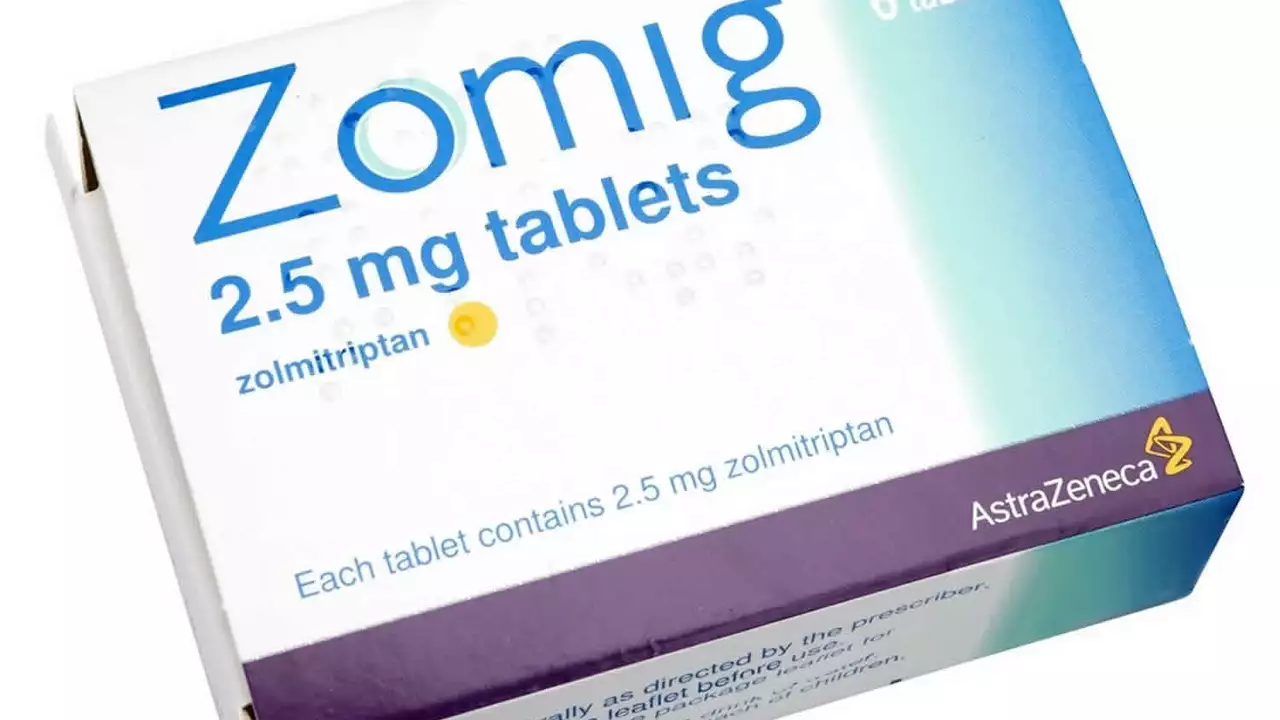Medication Side Effects: What You Need to Know Right Now
If you’ve ever taken a pill and felt off afterward, you’re not alone. Most medicines can cause unwanted reactions, but knowing the signs early makes a huge difference. Below we break down common side effects, why they happen, and how to act without panicking.
Typical Side Effects You’ll See
Every drug has a profile of expected reactions. For example, Zyrtec (cetirizine) often leads to mild drowsiness or dry mouth, while antibiotics like Levaquin can cause tendon pain and stomach upset. Over‑the‑counter meds usually list these on the label; prescription drugs do too, but you might need a deeper dive.
Common categories include:
- Digestive issues: nausea, diarrhea, heartburn – often show up with painkillers or steroids.
- Neurological signs: dizziness, headaches, tingling – seen with antihistamines and some antidepressants.
- Skin reactions: rash, itching, hives – can happen with antibiotics like penicillin or hormonal pills.
- Cardiovascular effects: rapid heartbeat, blood pressure changes – sometimes linked to stimulants or certain heart meds.
If any of these pop up, check the medication guide and talk to your pharmacist. Most side effects are mild and go away on their own, but a few need quick medical attention.
How to Spot Serious Reactions Fast
Serious side effects are rare but worth catching early. Look out for sudden swelling of the face or throat (signs of an allergic reaction), severe chest pain, unexplained bruising, or persistent vomiting. These could indicate a life‑threatening problem and require emergency care.
A practical tip: keep a simple log of what you take, when you take it, and any new symptoms. A notebook or phone note works fine. When you notice a pattern – like a headache after starting Skelaxin (metaxalone) – share that log with your doctor.
Also, be aware of drug interactions. Mixing alcohol with certain meds, such as benzodiazepines (e.g., Clonazepam), can amplify drowsiness and breathing issues. Even over‑the‑counter supplements like bitter almond extracts might clash with prescription drugs.
When you’re unsure whether a symptom is medication‑related, call your pharmacy’s help line first. They can confirm if it’s expected or advise a doctor visit.
Finally, never stop a prescribed drug abruptly without guidance. Tapering off steroids or antidepressants incorrectly can cause withdrawal symptoms that feel like side effects but are actually rebound effects.
Understanding medication side effects empowers you to stay safe and get the most benefit from your treatment. Use this guide as a quick reference, keep track of what you take, and reach out for professional help whenever something feels off.

Routine Monitoring to Catch Medication Side Effects Early: Tests and Timelines
Finnegan O'Sullivan Nov 26 13Learn how routine monitoring with blood tests, symptom logs, and digital tools can catch dangerous medication side effects before they become serious. Discover what tests you need, when to get them, and how to stay safe on long-term drugs.
More Detail
How Your Medical History Increases Your Risk of Medication Side Effects
Finnegan O'Sullivan Nov 22 14Your medical history - including past medications, chronic conditions, and genetic factors - directly impacts how your body reacts to drugs. Learn how polypharmacy, age, kidney disease, and genetics increase your risk of dangerous side effects - and what you can do to protect yourself.
More Detail
How to Manage Nausea and Vomiting Associated with Zolmitriptan Use
Finnegan O'Sullivan Jul 1 12In my latest blog post, I delve into effective ways to handle nausea and vomiting, which are common side effects of Zolmitriptan, a medication often used to treat migraines. I've outlined a range of simple yet impactful strategies, including staying hydrated, eating small meals, and lying down after taking the medication. I also touch on the importance of talking to your doctor about these side effects, as they may adjust your dosage or suggest alternative medications. Furthermore, I discuss over-the-counter remedies and prescription anti-nausea drugs that may help. It's all about finding what works best for your body and ensuring you're not suffering unnecessarily while trying to manage your migraines.
More Detail